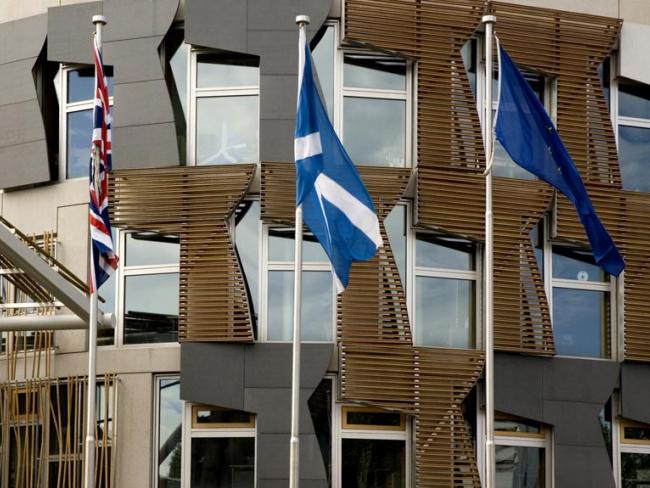SNP leader Alex Salmond promised on 19 September to accept the referendum result and he urged Yes supporters to do the same. He at once broke this promise, and in an interview with Dermot Murnaghan of Sky News on 21 September essentially proposed to issue a Unilateral Declaration of Independence, trying to overturn the people’s democratic vote. A referendum vote “is only one of a number of routes” to independence, said Salmond. “The destination is pretty certain.”
He said: “You establish a parliament, you establish successfully more powers until you have a situation where you’re independent in all but name and then presumably you declare yourself to be independent, many countries have proceeded through that route. There is a parliamentary route where people can make their voice heard as well so a referendum is only one of a number of routes.“
The full text of the interview can be read here.
The last leader of a lost cause to declare UDI was apartheid-lover Ian Smith of “white Rhodesia” in 1965. Adam Tomkins, professor of public law at the University of Glasgow, said a UDI would be illegal and “bonkers”.
Tomkins said, “If Scotland were oppressed, if Scotland were not free, if Scotland were colonised then it might well be that unilateral declarations of self-determination would be looked up kindly by the international community. But none of these circumstances applies. Not only is Scotland completely not a colony – it is not a colony of the UK but part of the UK – but the UK itself has been, in international terms, extremely generous with Scotland.”
In his interview, Salmond also started peddling the myth that “the majority of Scots up to the age of 55 voted for independence”. Note that there is no good evidence for this assertion, given that the voting forms did not have a box for voters to include their age, and there was not even any systematic exit polling. The only clear figure anyone has is the actual result: 55.3 per cent against separation, 44.7 per cent against.

